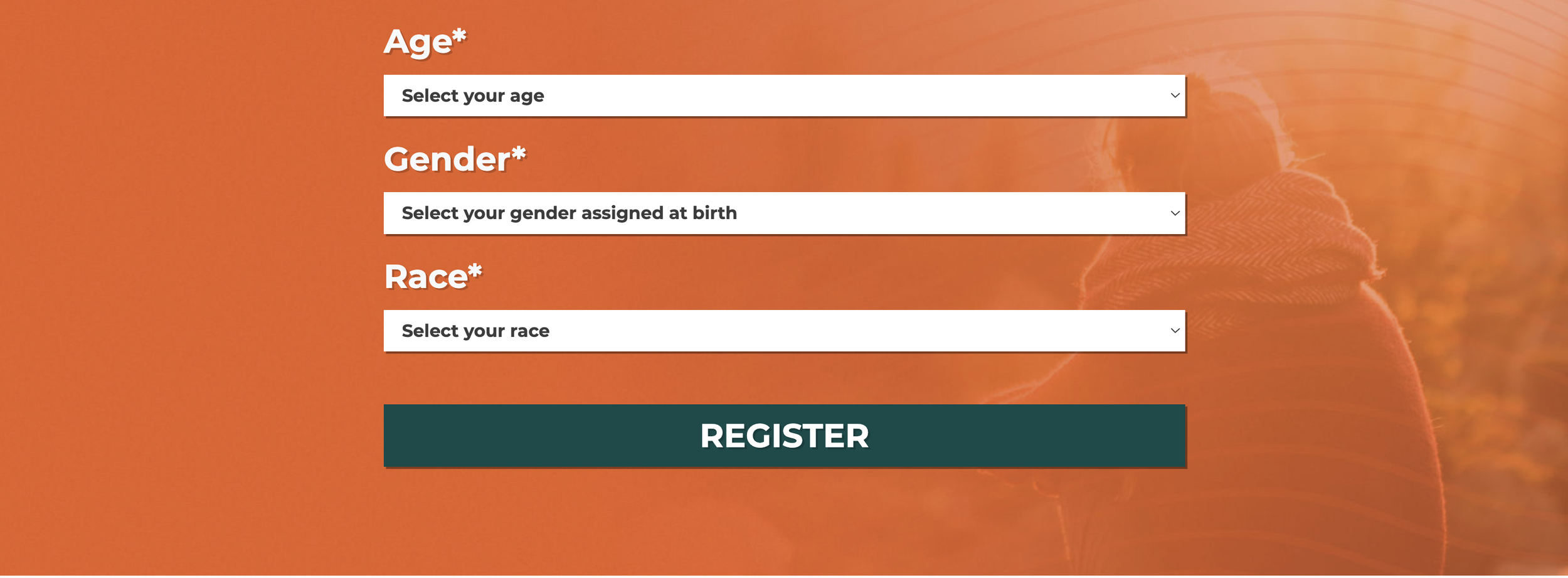Please Don't Stop the Music
Maybe one of the only things that has the power to unite people is music. Music can make everyone just stop and listen, sing along, etc. Have you ever been to a bonfire, and everyone just stopped mid-discussion when that song came over the speaker? Everyone started yelling the lyrics, singing to each other? Or those road trips that had the best playlist and you just jammed out for hours?
Certain songs take us back to our childhood, bring up various memories, or remind us of people. Whenever I hear “Soul Man,” I think of my family. One of my brothers thought it was “Strong Man” when he was younger, so it always makes us smile now. The Hamilton soundtrack makes me think of my friend who was there when we both heard it for the first time. “Faithfully” makes me think of performing at a show choir concert. You get the point. Music has the power to make us smile, dance, scream, and shout. Some artists can put into words what we can’t and help us process whatever we’re dealing with. All this is because music has a profound effect on our brains.
Using MRIs, researchers can figure out what part of our brain lights up when listening to music. What they’re seeing is that music is not just sent to one part of the brain. It actually affects most of our brain. Different parts of a song like rhythm and tone are analyzed in different parts of the brain. The part of our brain that processes emotions also lights up when listening to a song (McCollum 2019).
So as the sound waves travel through your ear, the inner ear turns the vibrations into electrical signals. Neurons will take those signals to the brain, specifically the cerebral cortex. Then other parts of the brain will take in various parts of the music like tone, beat, etc (McCollum, 2019).
Rhythm - motor cortex and cerebellum
Pitch - auditory cortex, cerebellum, and prefrontal cortex
Anticipation - prefrontal cortex
Memory - hippocampus
Emotion - accumbens, amygdala, and cerebellum
Furthermore, when we listen to music, dopamine is released in our brain. No wonder many of us listen to music so often! Even more than that, because the dopamine release is so quick, our brain can anticipate an exciting part of the song and produce an early dopamine rush. Listening to music (consistently) has been shown to be helpful for individuals who have depression (How does music affect your brain, 2017).
So does genre matter? Not as much as we might think. As long as you’re listening to music you actually like, genres don't matter as much. However, there is recommended music for completing various tasks. Before you study, something upbeat will get you energized and ready to learn, but while you’re studying, a good instrumental might be best to help keep you focused and calm (How does music affect your brain, 2017).
Music has stood the test of time, and it’s no wonder, considering the impact it has on our brain, our moods. Listen to your favorite album today!
References:
McCollum, S. (2019). Your brain on music: The sound system between your ears. The Kennedy Center. Retrieved from https://www.kennedy-center.org/education/resources-for-educators/classroom-resources/media-and-interactives/media/music/your-brain-on-music/your-brain-on-music/your-brain-on-music-the-sound-system-between-your-ears/.
How does music affect your brain? (2017). University of Arizona. Retrieved from https://www.uagc.edu/blog/how-does-music-affect-your-brain.
Challenges/Points:
Music affects several areas of our brain like our prefrontal cortex, cerebellum, hippocampus, motor cortex, auditory cortex, accumbens, and amygdala.
Dopamine is released when we listen to music, and it doesn’t usually matter what kind we’re listening to!
Actively listen to your favorite album today. Think about how it is making you feel as the tracks keep playing.
Questions:
Want to dive deeper into today’s topic? Participate in this short questionnaire!
First, answer 3 opt-in questions, then dive into 2-3 topic-related questions to spark your thinking!
What is your favorite genre of music to listen to?
What is your favorite time of day to listen to music?
What music could you share with a friend who could use a pick-me-up?
To talk more about this or something else on your mind text the number 494949 to chat with our team or visit RemedyLIVE.com/chat anytime, day or night.
Did someone send you this post, and you want to subscribe to our free self care guide? Text CARE to 494949 to receive daily posts.


